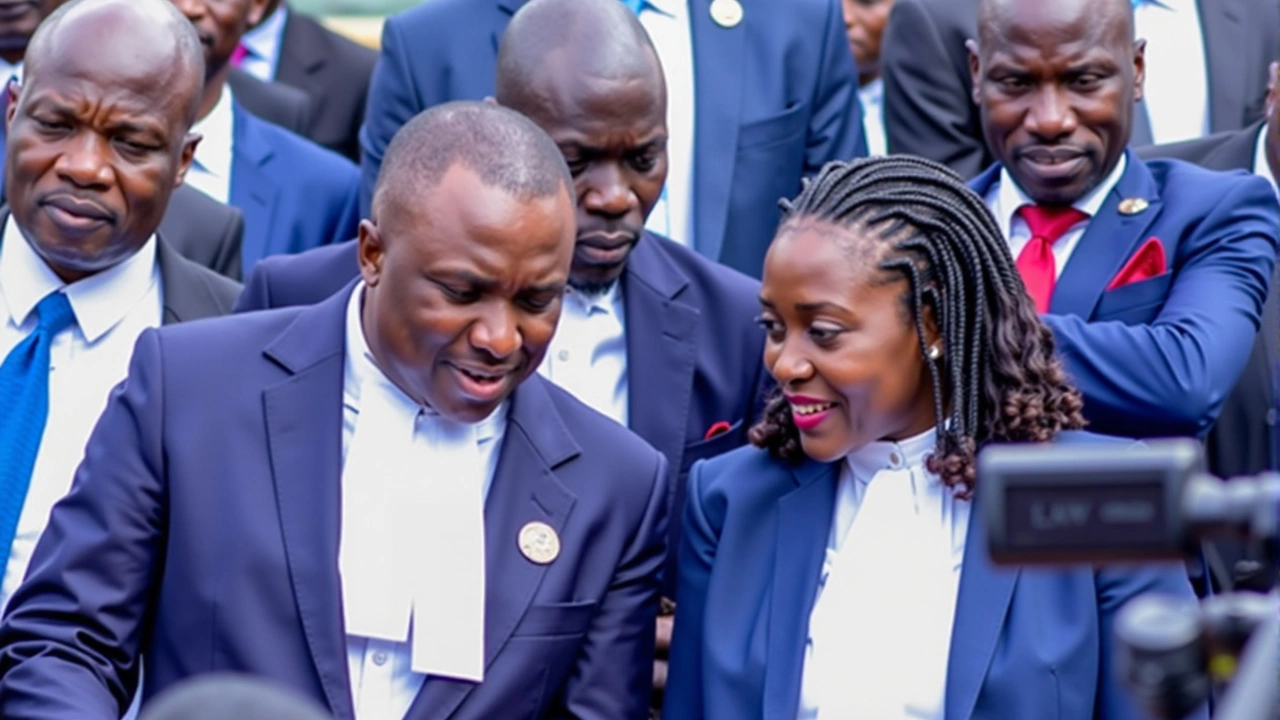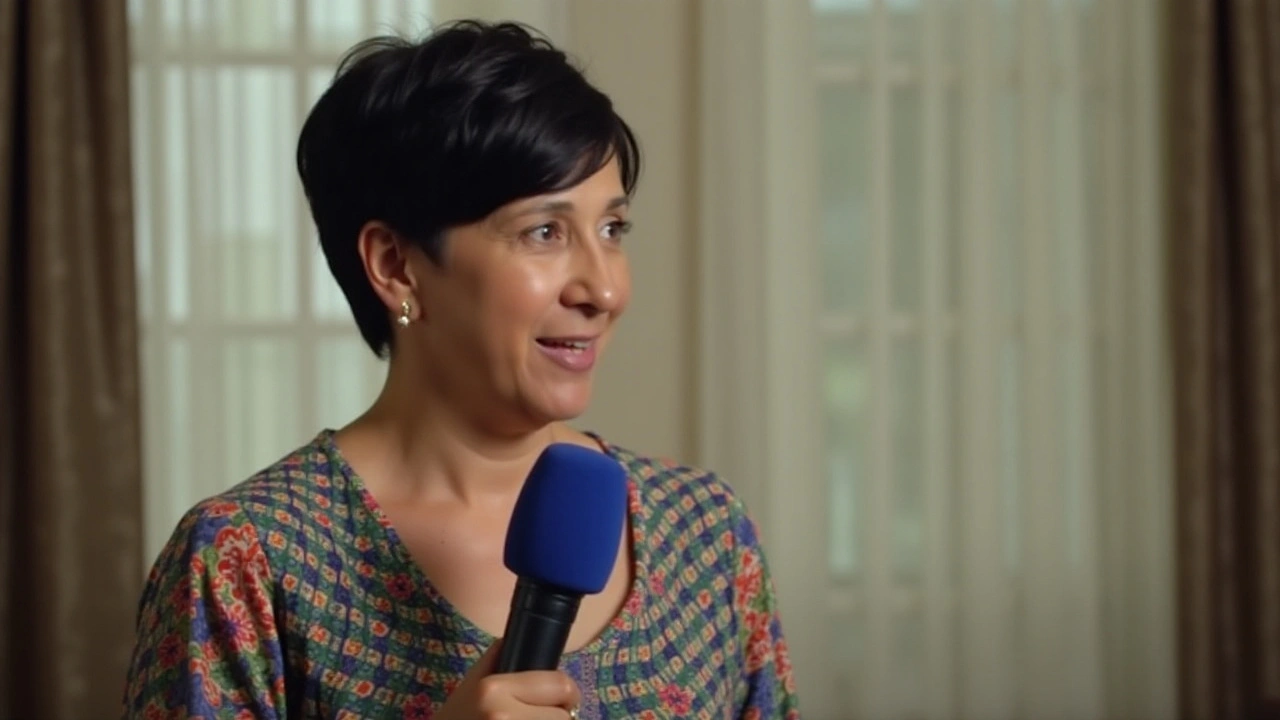Martha Karua Receives Uganda Law Council Approval to Defend Clients in High-Profile Case

In World News
Uganda Law Council Reverses Decision
The legal landscape in East Africa witnessed a pivotal moment as the Uganda Law Council bestowed a temporary practicing certificate upon the esteemed Kenyan lawyer Martha Karua. Known for her formidable presence in legal and political arenas, Karua's initial application faced setbacks due to alleged incomplete documentation and underlying political tensions. However, the legal fraternity and advocates of justice in Uganda rallied behind her, prompting a reconsideration of her application. With unwavering support from the Uganda Law Society (ULS), helmed by Isaac Ssemakadde, Karua embarked on a journey to appeal the initial decision. This collective effort bore fruit, culminating in a unanimous vote by the council, chaired by Court of Appeal Justice Irene Mulyagonja, to grant the practicing certificate.
Defending High-Profile Clients
Karua's securing of the practicing certificate comes in the wake of her engagement in a high-profile case involving Dr. Kizza Besigye and Hajji Obeid Lutale. Both arrested under contentious circumstances, on charges of illegal possession of firearms and ammunition, the case holds significant weight in the region. In a dramatic cross-border maneuver orchestrated on November 16, 2024, Besigye and Lutale were apprehended in Kenya and consequently brought to Uganda to face trial. This case has sparked considerable debate and attention, especially concerning the boundaries of legal jurisdiction and practices, as it challenges the notion of civilian trials within military courts, an area under scrutiny in Uganda's judicial system.
Legal Support and Regional Dynamics
Martha Karua's determined legal battle was significantly bolstered by the unequivocal backing of the Uganda Law Society. Their steadfast support emphasized a core value shared within the East African Community - a commitment to fostering regional cooperation and fortifying cross-border legal ties. The initial rejection of Karua's application had stirred tensions, with the Law Society of Kenya hinting at potential reciprocal actions against Ugandan advocates. Nonetheless, with the prevailing decision, the focus shifts back to regional unity. The case, however, still underscores broader issues of political freedoms in East Africa, amplifying discussions on legal reforms and the need for transparent judicial processes.
Jurisdictional Challenges
The courtroom paths ahead for Besigye and Lutale remain fraught with legal intricacies. Alongside their detainment in Luzira Prison, they continue to challenge the authority of the General Court Martial, arguing against its jurisdiction over civilians. This legal contest dovetails with a pending Supreme Court judgment on the contested legality of civilian trials in military settings, thrust into the spotlight following a Constitutional Court ruling against such proceedings. Legal frameworks await assessment, as these judicial decisions bear implications beyond individual cases, shaping the legal landscape for identifiable civillian rights within military contexts.

Regional Implications and Legal Reforms
Beyond the immediate implications of the case at hand, the situation speaks to broader regional tensions and the pursuit of legal reforms. The legal conundrums interwoven within the Besigye and Lutale case have prompted additional legal maneuvers within the East African Court of Justice. Here, Besigye, alongside three fellow human rights defenders, are pursuing compensation claims, contesting the legality of their cross-border arrest and detention - a testimony to increasing calls for legal transparency and accountability across East African jurisdictions. These developments invite reflection on the evolving landscape of regional cooperation, judicial autonomy, and the future of cross-border legal endeavors within the East African Community.
Write a comment